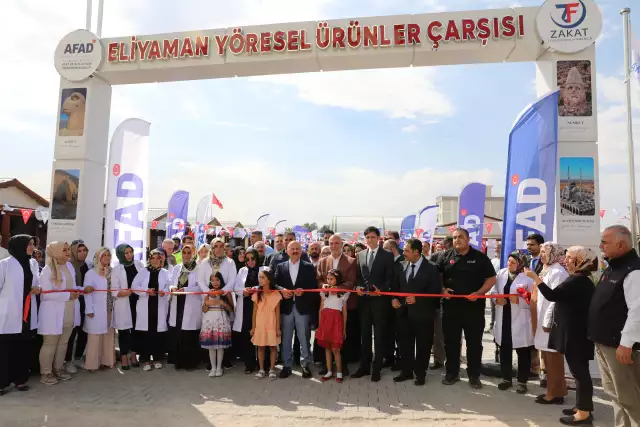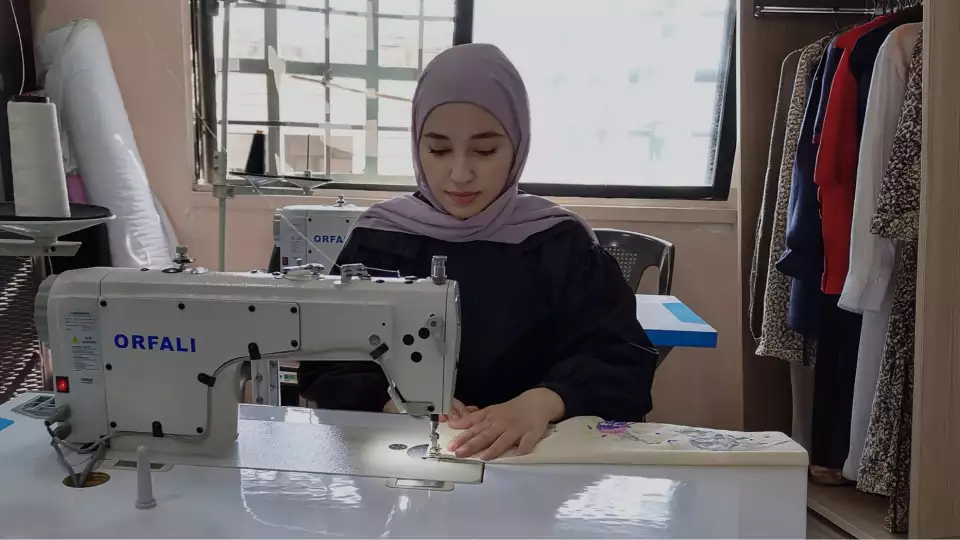
Livelihoods
Lifting people out of poverty by providing skills for self-reliance

Creating pathways to economic independence across 23 countries:
Afghanistan, Argentina, Bangladesh, Burundi, Central African Republic, Dominican Republic, Ethiopia, Ghana India, Jordan, Kenya, Madagascar, Mali, Morocco, Nepal, Niger, Pakistan, Palestine, Rwanda, Türkiye, Uganda, USA, and Yemen.
Breaking the Cycle of Poverty Through Skill Training
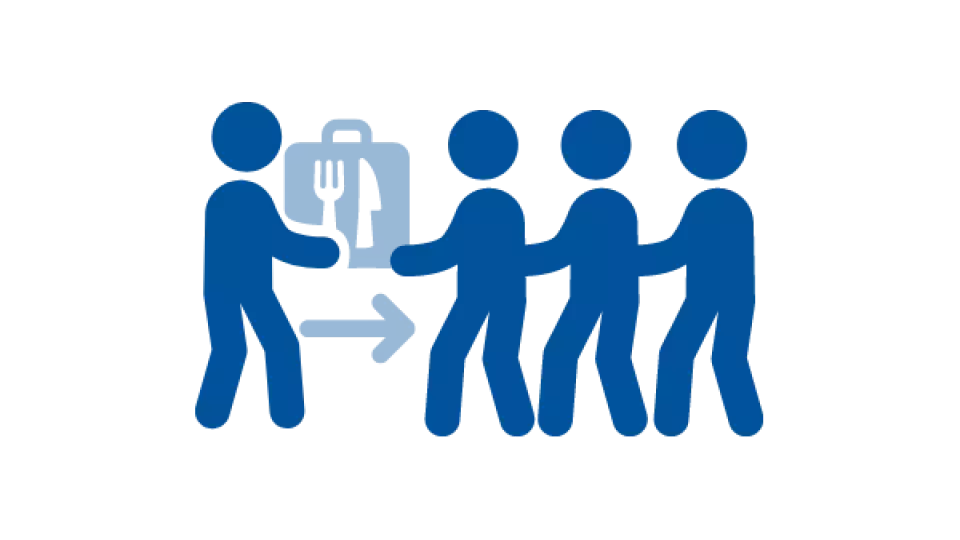
88,483
Beneficiaries
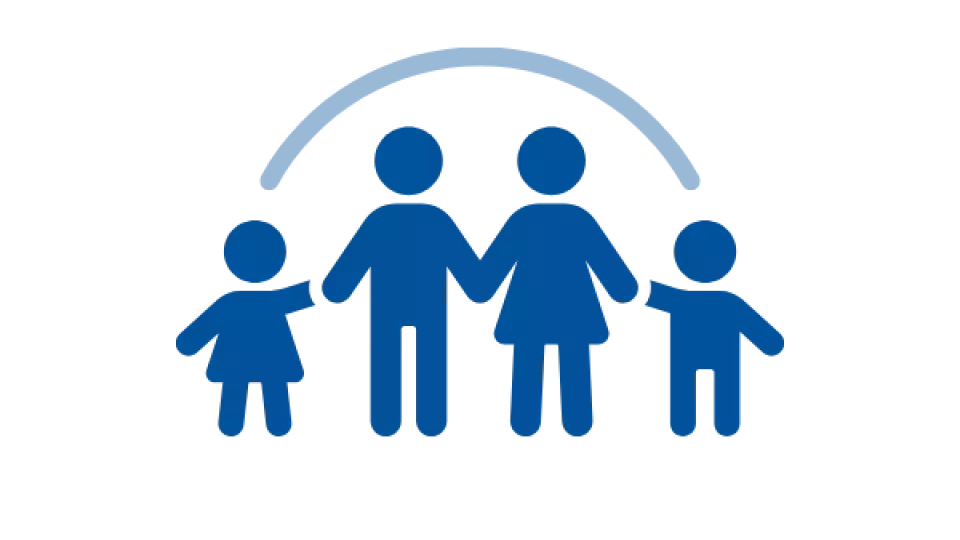
17,922
Families
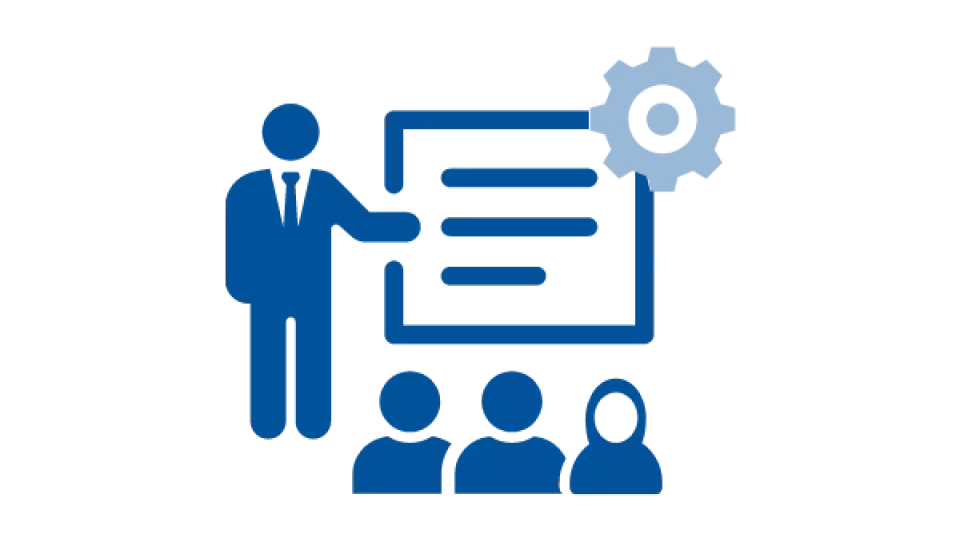
14,265
Received Businesses, Job Training, Job Placement, or Vocational Training
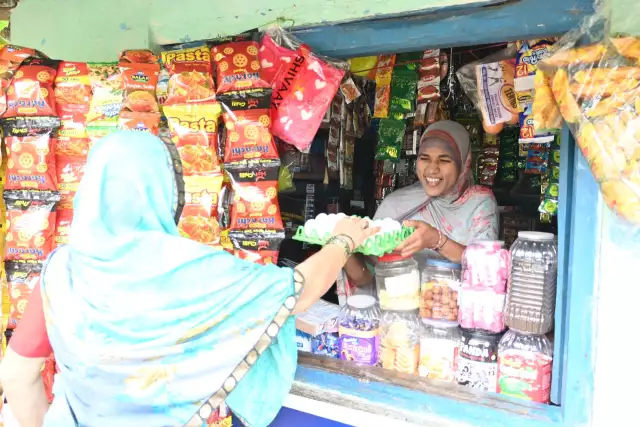
Providing access to training for personal development and self-sufficiency:
Lifting Vulnerable People Out of Poverty
Ensuring Self-Resilience
Empowering Through Skill Training
Promoting Women’s Economic Empowerment
Building Sustainable Businesses
Create opportunities for change!
Give NowTransform Communities with Your Zakat
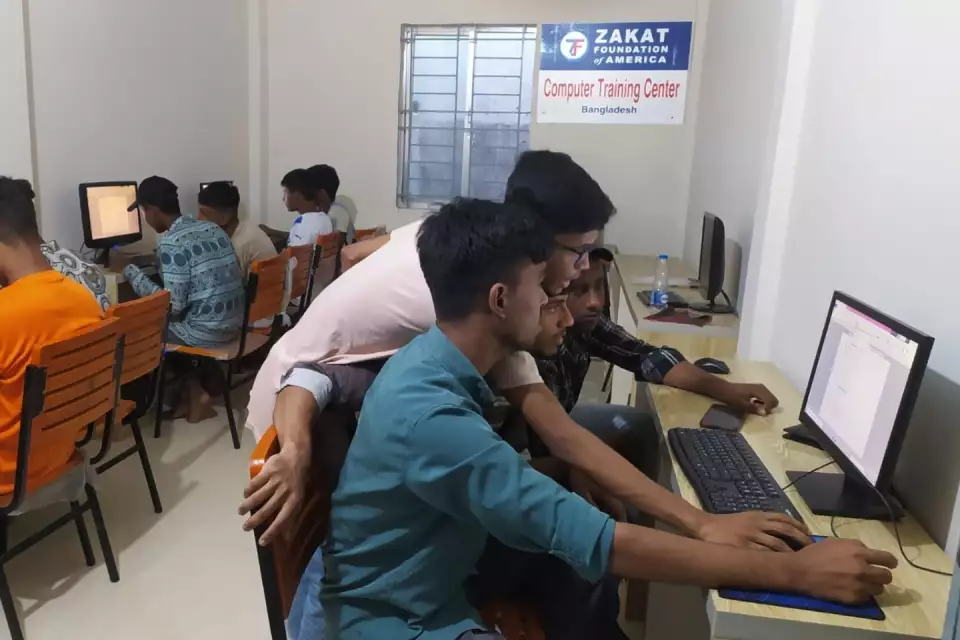
Lifting People Out of Poverty
We are dedicated to breaking the cycle of poverty by providing individuals with essential tools and resources to achieve financial stability. Through targeted training programs, job placement services, and animal husbandry livestock distribution, we empower participants to secure stable employment and generate sustainable income. Join us in transforming lives and fostering self-sufficiency.
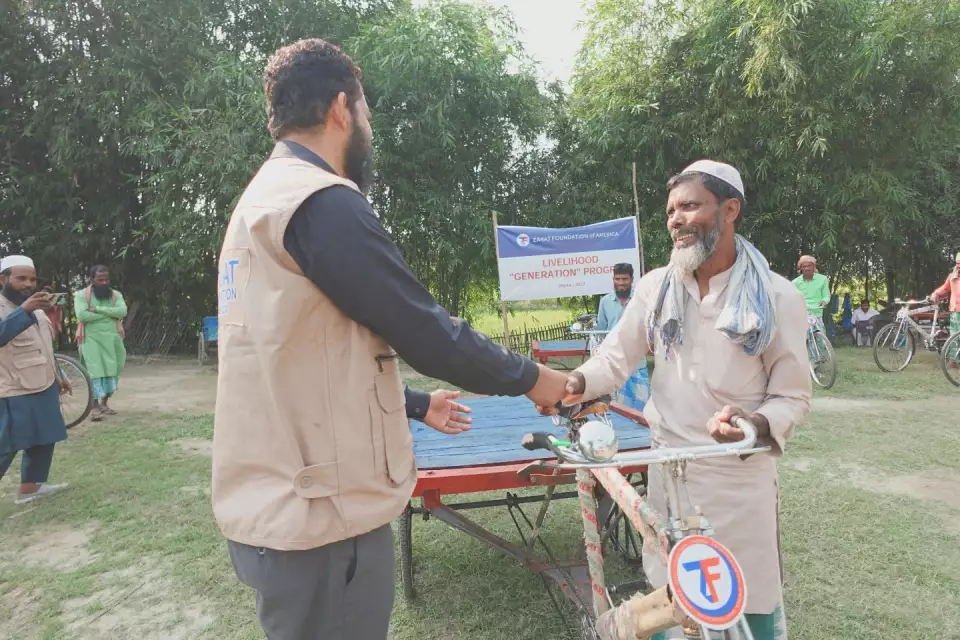
Ensuring Self-Reliance
We focus on fostering self-reliance by empowering individuals to achieve economic independence. Our support for entrepreneurship and small business development encourages participants to take control of their financial futures. By providing the resources and guidance needed, we help them build better lives for themselves and their families. Join us in creating opportunities for lasting change and empowerment in communities.
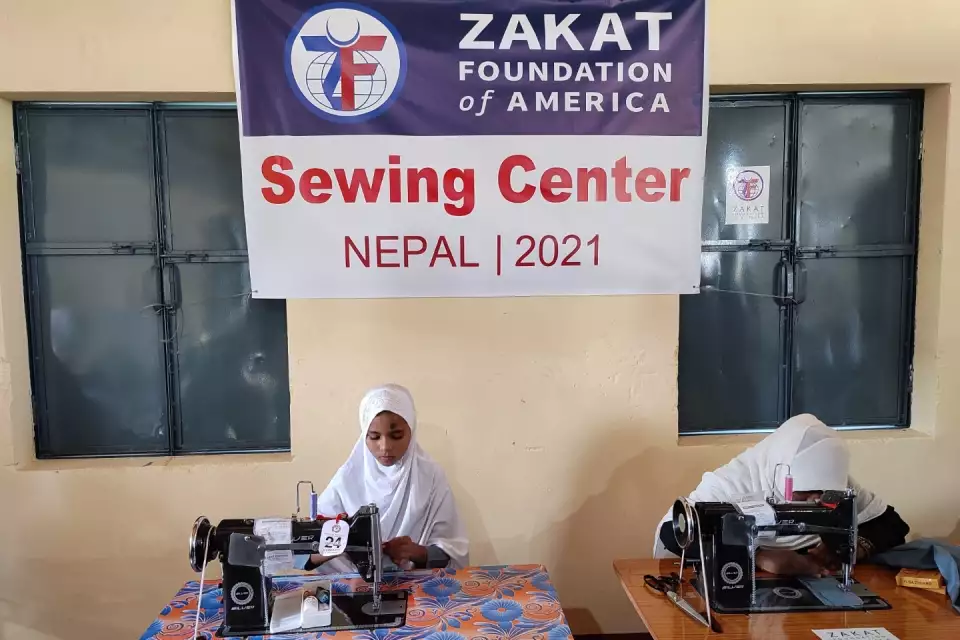
Empowering Through Skills Training
Our comprehensive training programs equip individuals with valuable skills in various trades and professions, preparing them for the job market and enhancing their employability. This hands-on approach ensures that they are ready to step into meaningful roles and contribute effectively to their communities. Be part of their journey and support economic growth with job training.
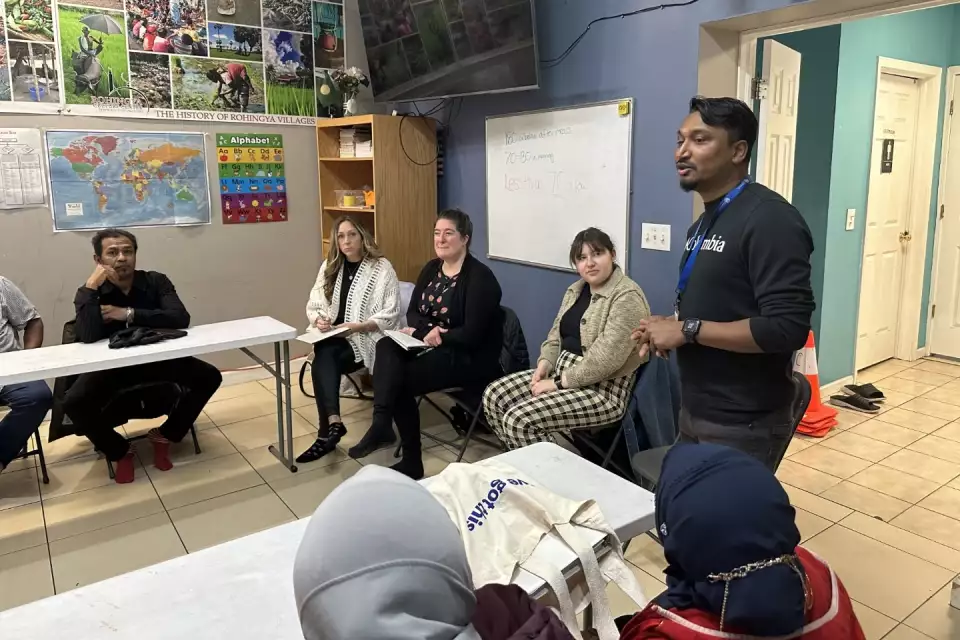
Job Placement and Employment Opportunities
We connect qualified individuals with employment opportunities through our job placement services. By bridging the gap between job seekers and employers, we help participants find stable work, providing them with a steady income and a path to economic independence.
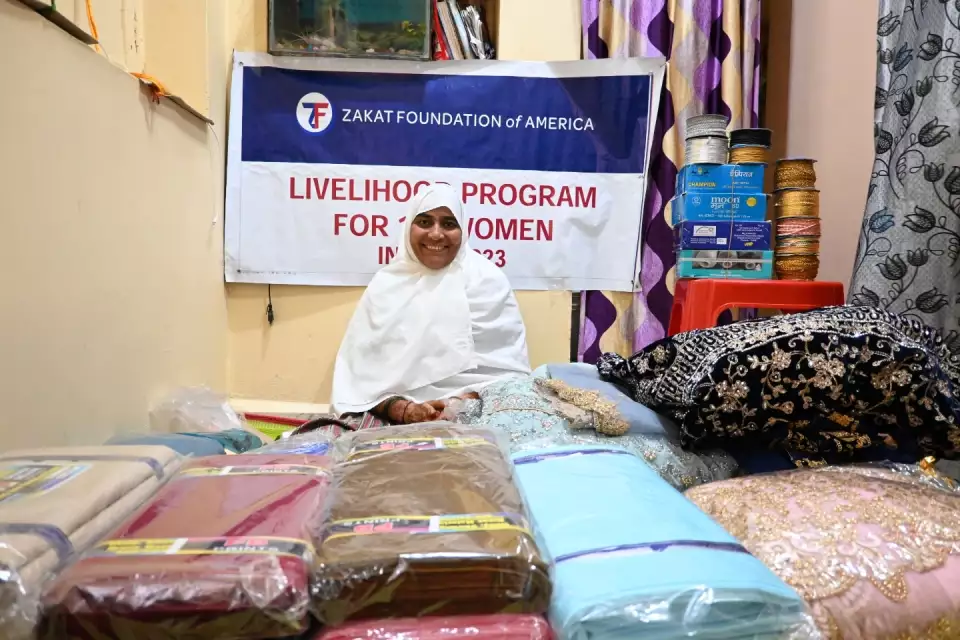
Promoting Women's Economic Empowerment
Women’s empowerment is a key focus of our Livelihood Project. We ensure women have equal access to training, job placement, and entrepreneurship support, enabling them to achieve financial independence and positively impact their families and communities.
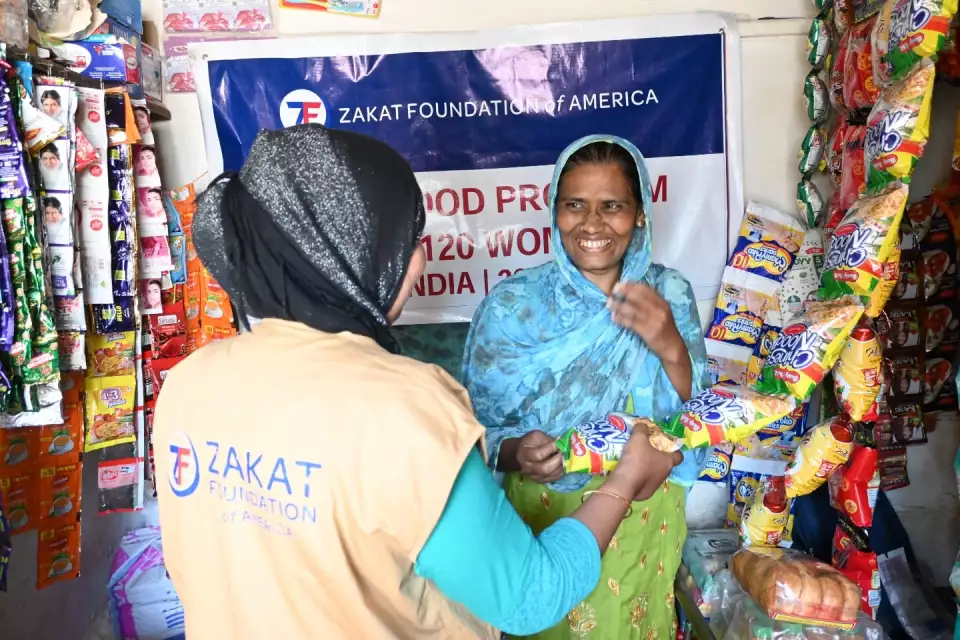
Building Sustainable Businesses
Women’s empowerment is a key focus of our Livelihood Project. We ensure women have equal access to training, job placement, and entrepreneurship support, enabling them to achieve financial independence and positively impact their families and communities.
A Glimpse of our Work
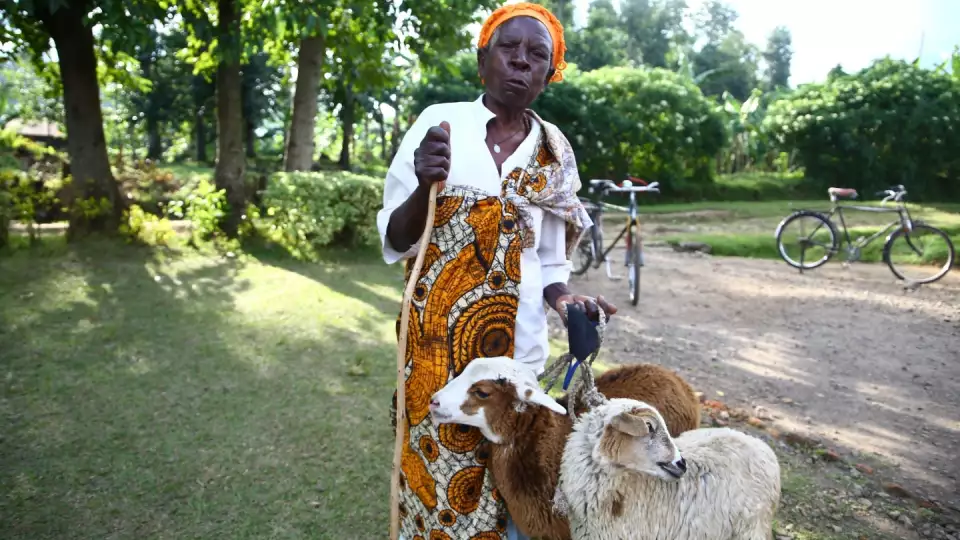

A woman in Rwanda receives a pair of goats from Zakat Foundation of America. This is often the start of providing sustainability by breeding livestock and providing meat, cheese, and milk for their owners
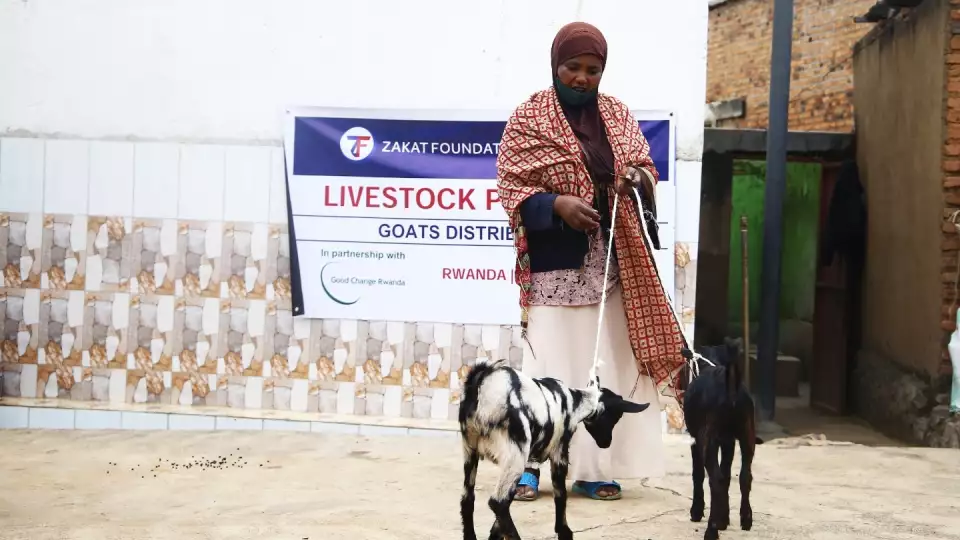

Goats in Mali help create financial security and sustainable living for families and women
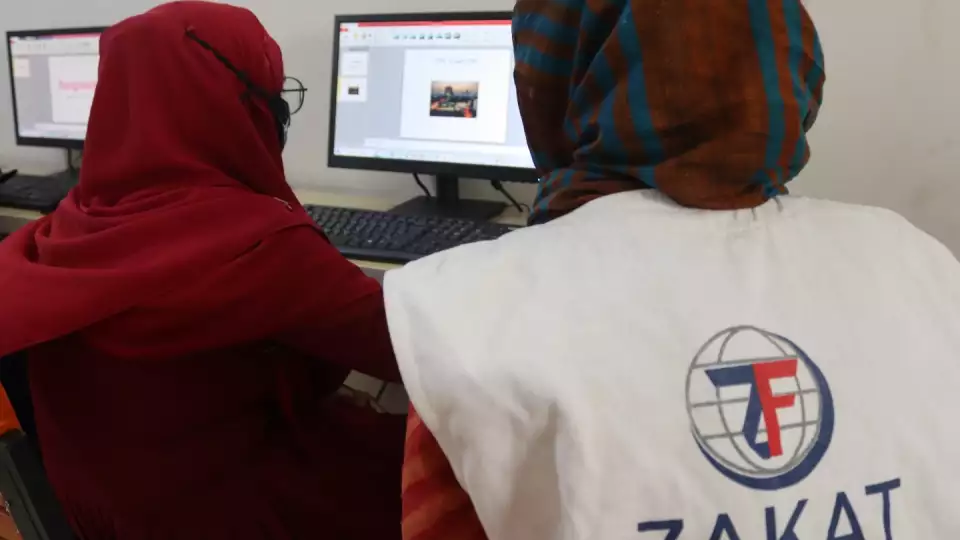

In Bangladesh, students are provided computer training to learn skills like graphic design, marketing, and online entrepreneurship
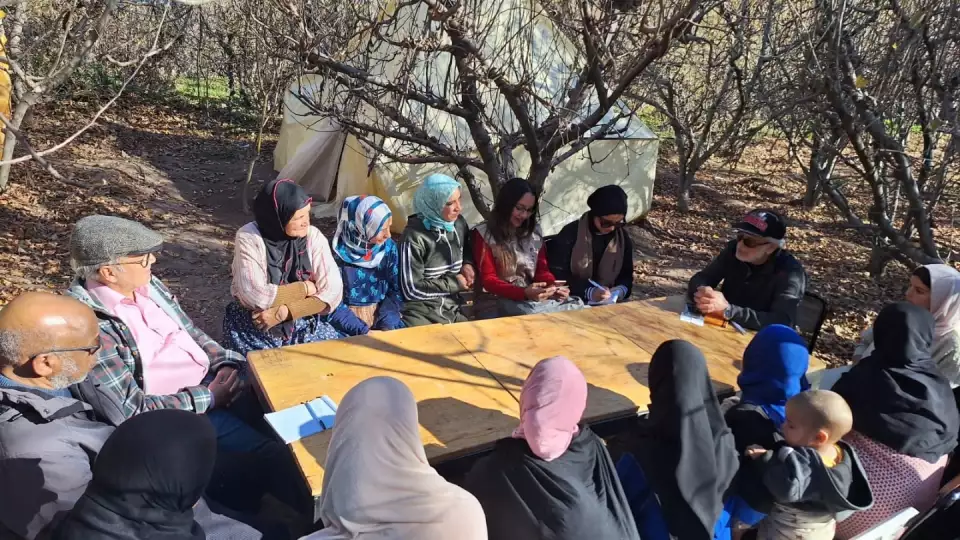

In Morocco, a group of farmers meet as a cooperative for learning and networking
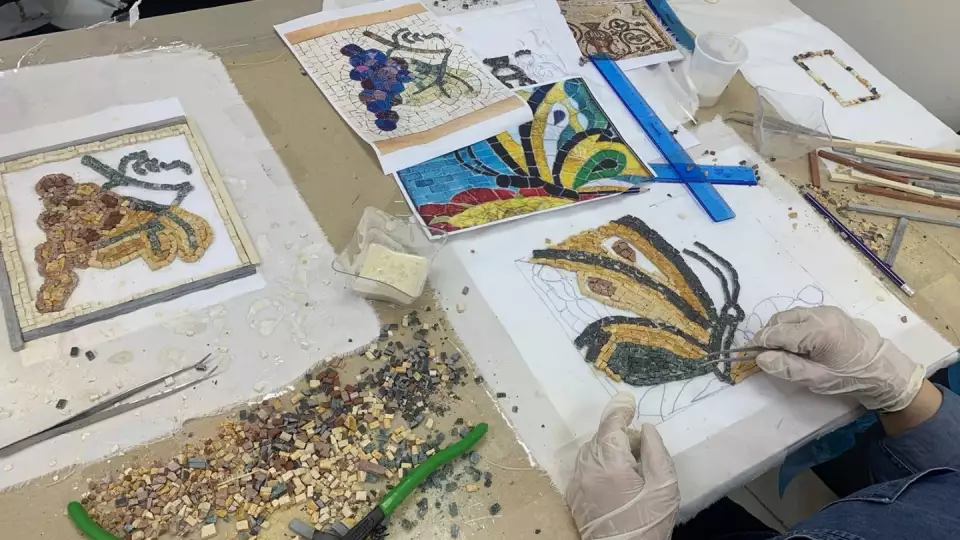

Learning to create crafts or other goods helps give women independence and financial security
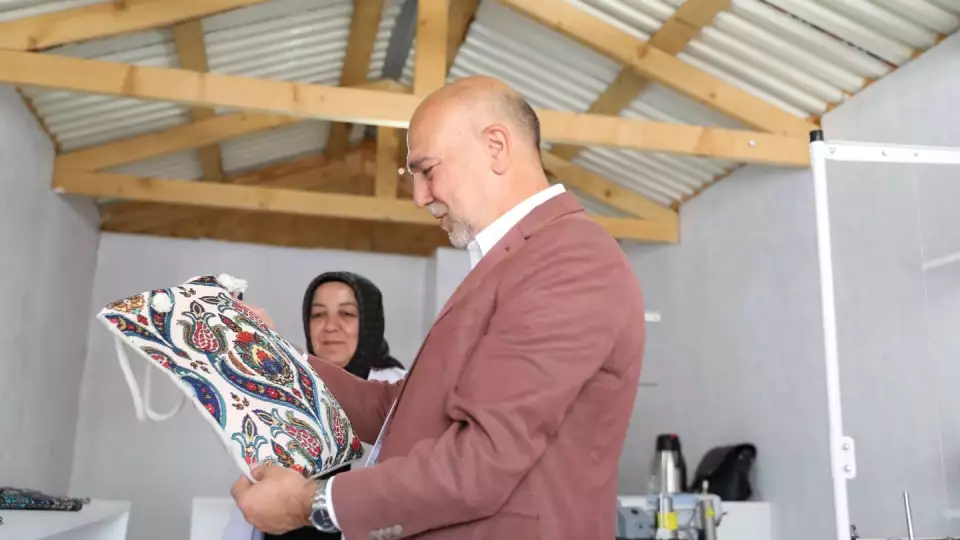

Our CEO and Founder, Khalil Demir, examines beautiful handicrafts created at our new bazaar in Turkieye, helping women become small business owners
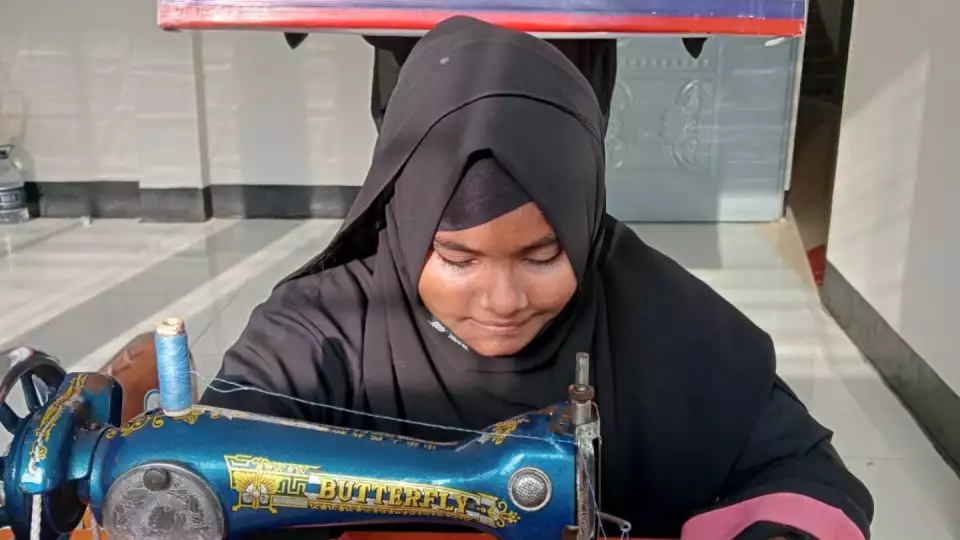

Our office in Bangladesh provides machines and learning for women to sew and creating crafts and clothing
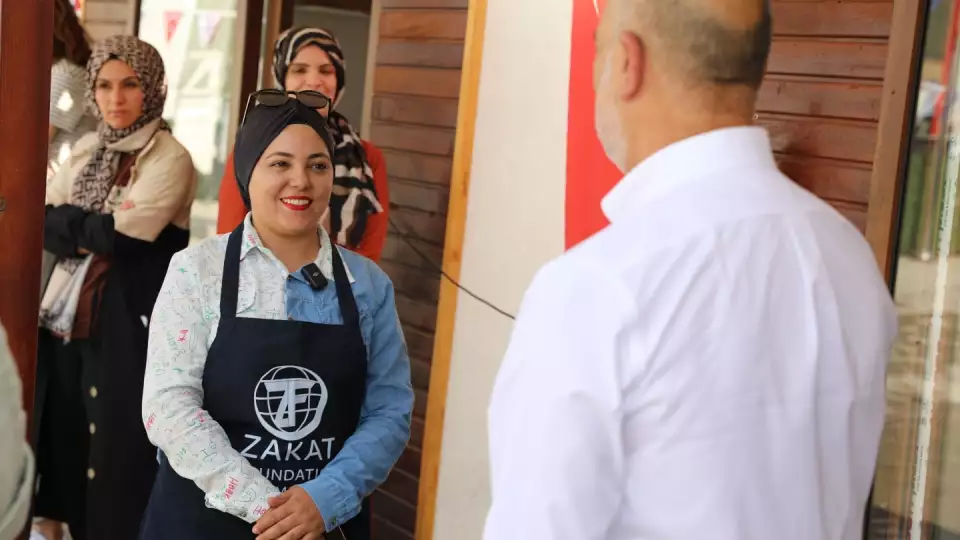

Turkieye Zakat Foundation of America recently created a new bazaar for women to sell handmade goods
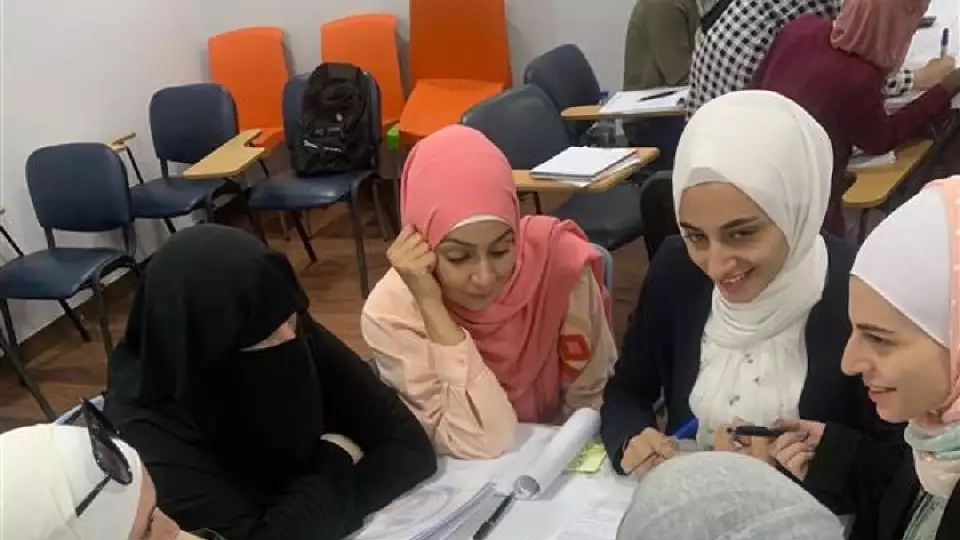

Women in Jordan receive training in creating crafts, sewing, marketing and running a business
Livelihood Initiatives
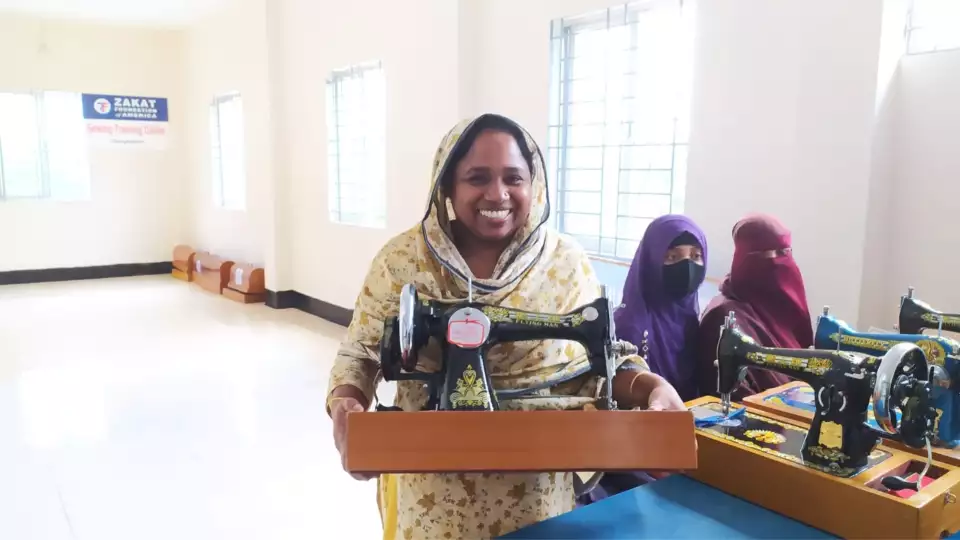
Stories of Change
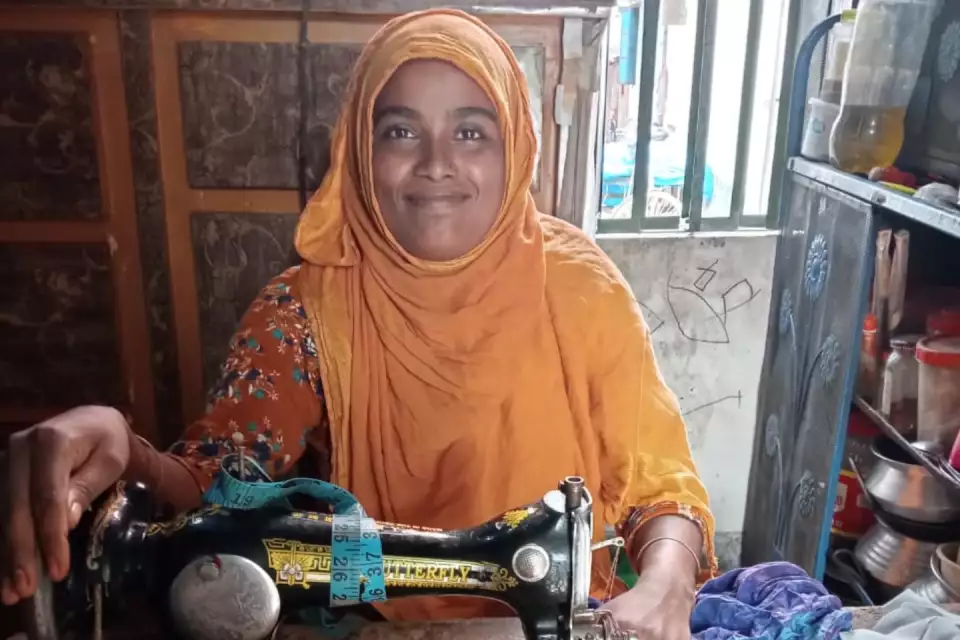
Laboni
Dhaka, Bangladesh
In the Borobari Slum of Hazaribagh, 30-year-old Laboni, embodies resilience against adversity. Her husband, a waste picker, struggles to provide for their family, leaving them in constant hardship. Hope arrived through our Sewing Course, offering Laboni a chance for self-sufficiency. She embraced this opportunity, mastering the craft and receiving a sewing machine that symbolized her independence and pathway to progress. With her small tailoring business, Laboni earns enough to alleviate their hunger. Inspired by her success, her husband invested in a rickshaw, marking their transition from survival to a life where dreams can flourish.
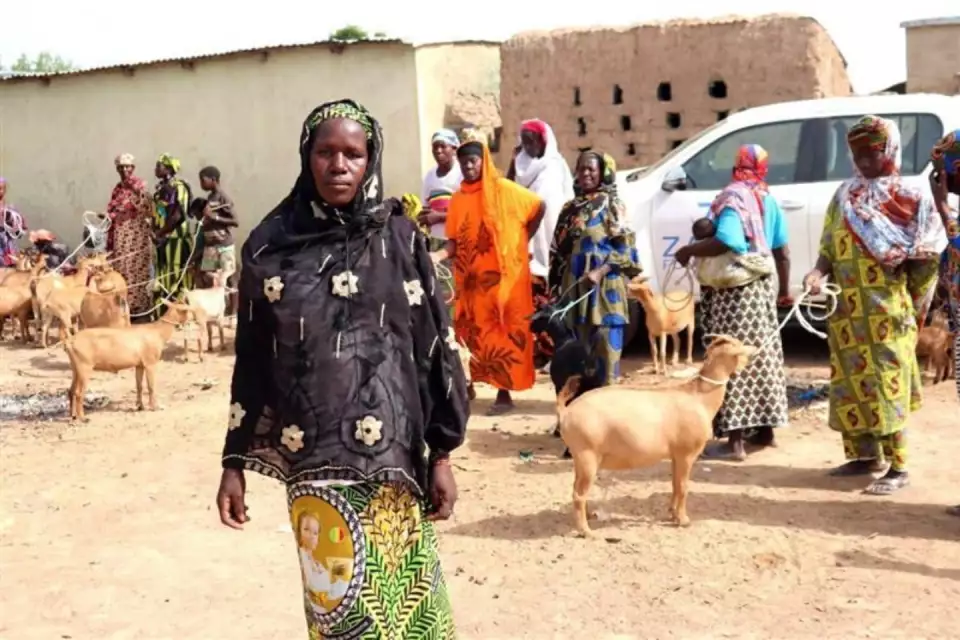
Bah Sacko
Bananzolé, Mali
Bah Sacko, a 42-year-old mother of 10 recalls the difficult life before our livestock goat donation transformed her community. During the off season, with empty stores and rising food prices, survival was a struggle. Thanks to your support, the women of Bananzolé now breed goats to address financial needs, such as medical costs and wedding traditions. Bah recently sold a goat to treat her sick child. The goat program has fostered solidarity, not only empowering women but also strengthening the village’s economy. Known as “Goat Village,” Bananzolé hopes to extend this opportunity to more women, relying on your continued support.
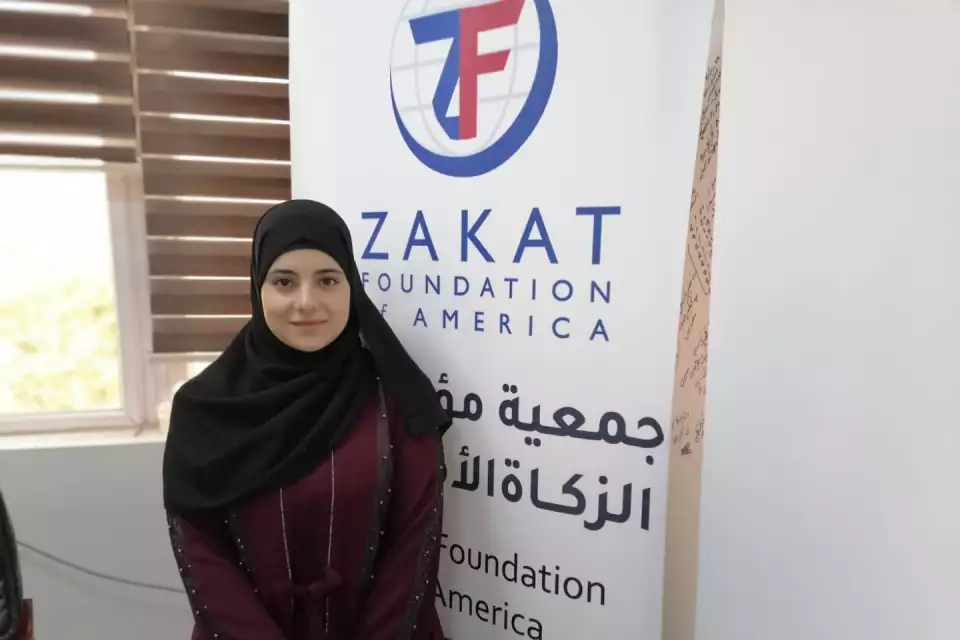
Razan
Irbid, Jordan
Razan, a Syrian refugee living in Malka village with her mother, brother, and children, faced many challenges after her divorce and the loss of her father at a young age. She struggled with limited education but found hope through our sewing courses. Razan completed the Basic Sewing Course and specialized in abayas, dresses, and crafts. These skills helped her secure a stable job as a seamstress, improving her financial situation. Thanks to your support, Razan has become more social, confident, and ambitious, dreaming of becoming a famous fashion designer one day.
